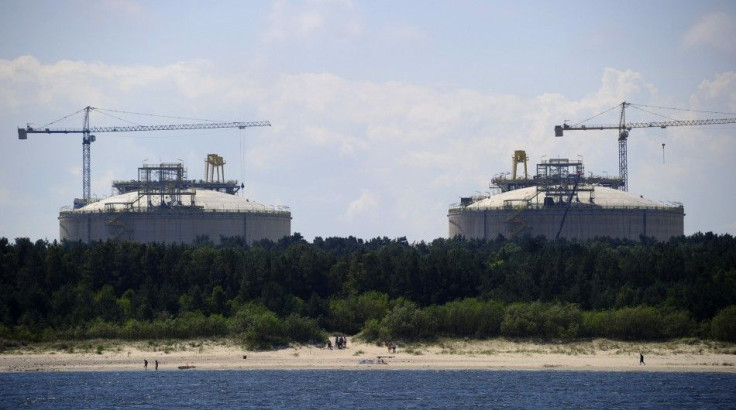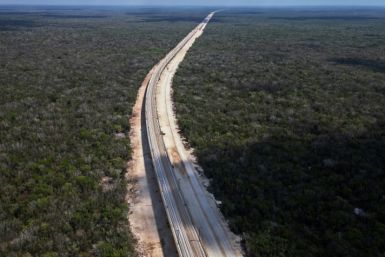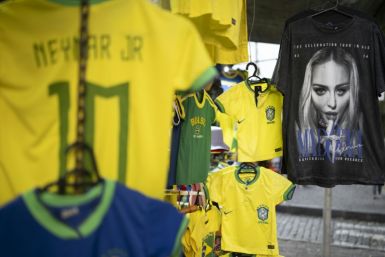ACCC approves Shell’s proposal to acquire BG group

The Australian Competition and Consumer Commission (ACCC) granted approval to oil and gas ace Royal Dutch Shell’s proposal to take over its rival BG Group for US$70 billion (AU$98.54 billion) on Thursday.
The regulator had delayed the decision on the Shell-BG takeover proposal as it had doubts concerning Shell prioritising supplies to BG group’s LNG facilities, thereby prompting increase in domestic gas prices. However, after a vast analysis, it has concluded that it would not affect the domestic oil and gas market, and hence, it allowed Shell to take over its rival BG.
“The ACCC’s view is that the proposed acquisition would be unlikely to substantially lessen competition in the wholesale natural gas market, in either Queensland or eastern Australia more broadly,” ACCC Chairman Rod Sims said in a statement.
The commission considered a range of factors before saying yes to the proposal. It deliberated whether the acquisition will lower the gas supply or lessen the level of competition in the market, which the alignment of Shell and BG’s LNG facilities was likely to affect. Shell has a 50 percent share interest in coal seam gas company Arrow Energy, while BG is a prominent stakeholder in the Queensland Curtis Liquefied Natural Gas Project.
“The ACCC concluded that as Arrow is not currently focused on supplying domestic customers, and appears unlikely to be so in future, aligning Arrow with an LNG operator would change competition for domestic customers,” Sims stated.
The watchdog also analysed whether the level of competition would lessen if it approved the merger of the two major oil and gas entities of the sector. The merger has received permits from the watchdogs in the U.S., EU and Brazil, though the approvals from Australian Foreign Investment Review Board and the Chinese government are still awaited.
Contact the writer at feedback@ibtimes.com.au, or let us know what you think below.






